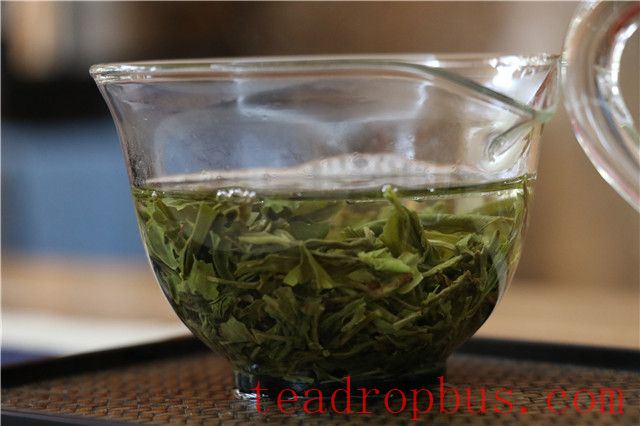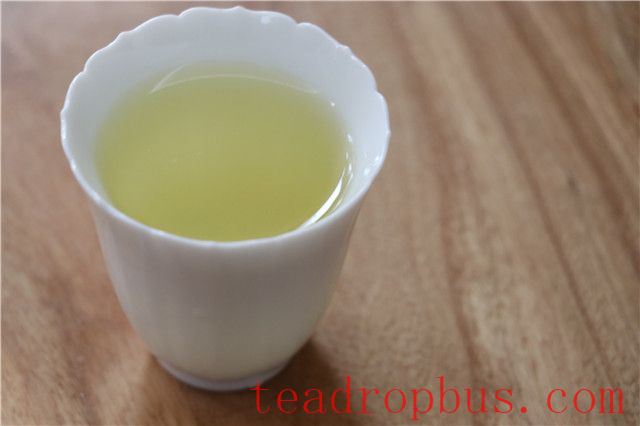From a health and wellness perspective, light Tea is naturally more beneficial. A widely circulated folk saying in China, The Tea drinking Decisive Points, states: “Lightly brewed warm tea is most nurturing to one's health,” and “drinking overly strong tea leads to tea addiction.” These sayings emphasize the Health benefits of drinking light tea.
Light Tea Is More Beneficial Than Strong Tea
As a natural beverage, tea has earned widespread favor. It contains tea polyphenols, which have anti-cancer properties, as well as small amounts of Caffeine that can invigorate and refresh the mind. Additionally, it includes trace elements that help break down fats and aid digestion.
If we consider fitness and wellness, drinking light tea is certainly better. The widely circulated folk saying in China, The Tea Drinking Decisive Points, states: “Lightly brewed warm tea is most nurturing to one's health,” and “drinking overly strong tea leads to tea addiction.” This emphasizes the same principle.

Why Should You Avoid Strong Tea?
1. Strong Tea Can Harm Your Stomach
Strong tea has a relatively high content of the alkaloid theobromine, which can stimulate stomach wall cells and lead to excessive gastric acid production. Long-term consumption of strong tea can cause an overproduction of stomach acid, which can be particularly detrimental to individuals with gastric ulcers or duodenal ulcers.
According to statistics, 10% of avid tea drinkers experience symptoms such as nervousness, anxiety, and shortness of breath after drinking two to three cups of strong tea daily. The caffeine in tea can be addictive, leading people to drink stronger teas, which can harm their health. In contrast, the theobromine content in light tea is lower than in strong tea, sufficient to invigorate and restore energy without causing excessive excitement.

2. Strong Tea Hinders Nutrient Absorption
Strong tea contains more tannins, which can hinder the absorption of iron, leading to iron-deficiency anemia. Tannins can also bind with proteins and vitamin B1 in food, causing constipation. Nutrition experts have found that excessive tea consumption increases urine output, potentially leading to the loss of important nutrients like magnesium and potassium.
3. Strong Tea Disrupts Sleep
Tea contains 2% to 5% caffeine, and the caffeine content in strong tea is even higher. One cup of strong tea may contain around 100 milligrams of caffeine, making it difficult to sleep after consumption.
Why do some people not experience significant sleep disturbances after Drinking Tea? This is because each person has a different tolerance and metabolism for caffeine. Individuals with a high tolerance for caffeine experience less stimulation, making it easier for them to fall asleep.

4. Strong Tea Damages Blood Vessels
Excessive caffeine can cause brain excitement, restlessness, insomnia, and palpitations, leading to increased blood pressure.
Drinking strong tea can increase blood volume, which can exacerbate heart burden and symptoms of heart failure to a certain extent. For patients with cardiovascular diseases, this can sometimes be fatal.